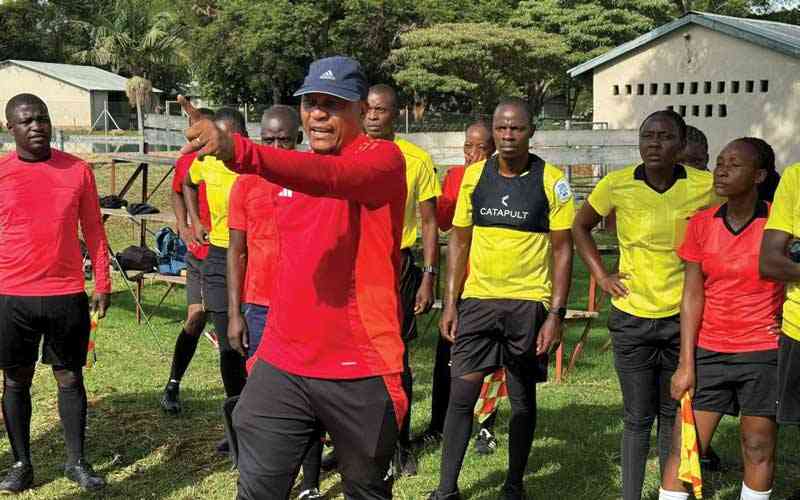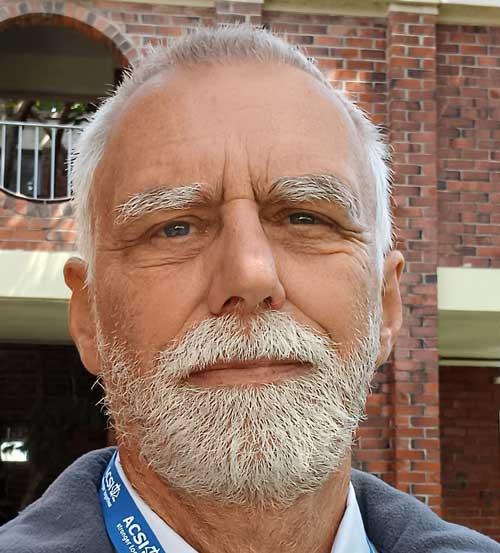
By Tim Middleton
CLIMBING Mount Everest is seen to be the ultimate challenge, though it is certainly not one that this writer has attempted or even considered! Nevertheless, it is a feat that over 500 people each year endeavour to do, despite the huge risks involved, while preparation for this massive adventure takes months if not years. Climbers simply cannot afford to be unprepared, not least as many climbers develop serious physical and psychological problems in achieving the feat. Having said that, it is estimated that over four thousand people have succeeded in climbing the mountain since the first successful ascent in 1953.
When climbers are at a great height, the oxygen is so thin and consequently the effort to take even one step is so much harder; they must be so disciplined to be able to think clearly. They must have rehearsed for all eventualities. They must be prepared for all that might happen. One step out of line, when they are exhausted, drained, light-headed and they could fall to their death (not to mention take others with them).
One statistic that may not be so often revealed is that, according to Paddy Upton in his book, The Barefoot Coach, 80% of mountaineers who die on the mountain actually die on the way down — indeed, 85% of the 212 mountaineers who died on Mount Everest between 1921 and 2006 died while on their way down. Coming down would normally be seen to be the easy part yet it is actually the most dangerous part. All their focus, attention and energy has been on getting to the top; having achieved their goal the typical reaction is to relax, to ease off, to reflect on their achievement and not on the task ahead, despite being exhausted.
What is called for (but is often not developed) is an exit strategy; just as they have to plan for a successful climb, so they must prepare for, train for, plan for the return journey. Going up may be physically more demanding but going down is mentally, emotionally, psychologically more threatening. They must train for the coming down as much as for the going up.
What we need to grasp is that if we coach the children how to succeed, to climb the mountain, we must prepare them just as much for failure, the coming down from the mountain top. People will regularly quote the age-old adage that, “Fail to plan, plan to fail”, meaning that if we are going to succeed in any task we must plan and prepare for it (it will not simply come along). However, the second part of the saying is relevant on its own — we need to plan to fail if we plan to succeed; we need to plan to come down from success safely, from the giddy heights, even if light-headed and drained. We need to prepare our children to come down the mountain as much as to climb it.
A highly talented youngster at school who was Head Boy and First XV rugby captain went on to enjoy an extremely successful university career, before becoming the youngest ever and very successful Housemaster in a prodigious boarding school. He then took on the role of the Marketing Manager of that school but after six months he had a nervous breakdown. What went wrong? He had been so trained to be successful but, in his own words, “No-one ever taught me how to fail”.
So how do we teach people to fail? How do we teach people how to deal with failure? How do we help them come down from the mountain top of their sport? Failure is just another step on the journey; it is as important a step as the one on the way up. We can return to where we came from richer for what we have seen and done, but we are the same person who has simply seen more, the same person who went up the mountain and achieved great things. The mountain is still there but someone else can enjoy it now. The world does continue to go round. No-one can stay at the top forever; others have the opportunity. There are other mountains to climb if we still need to climb. We have to work hard to go up the mountain but we also have to work hard to come down safely.
- Chamisa under fire over US$120K donation
- Mavhunga puts DeMbare into Chibuku quarterfinals
- Pension funds bet on Cabora Bassa oilfields
- Councils defy govt fire tender directive
Keep Reading
The ultimate benefit of doing such planning is that it will remove the fear of failing. We fear for what we cannot control; if we can control the experience of failing, then we will have nothing to fear. It is not failing that is key; it is being faithful. If we are not afraid of winning we should not be afraid of losing; if we are afraid of losing, we will never win. We must help our children to plan to fail. Now!
- Tim Middleton is a former international hockey player and headmaster, currently serving as the executive director of the Association of Trust Schools Email: [email protected]











